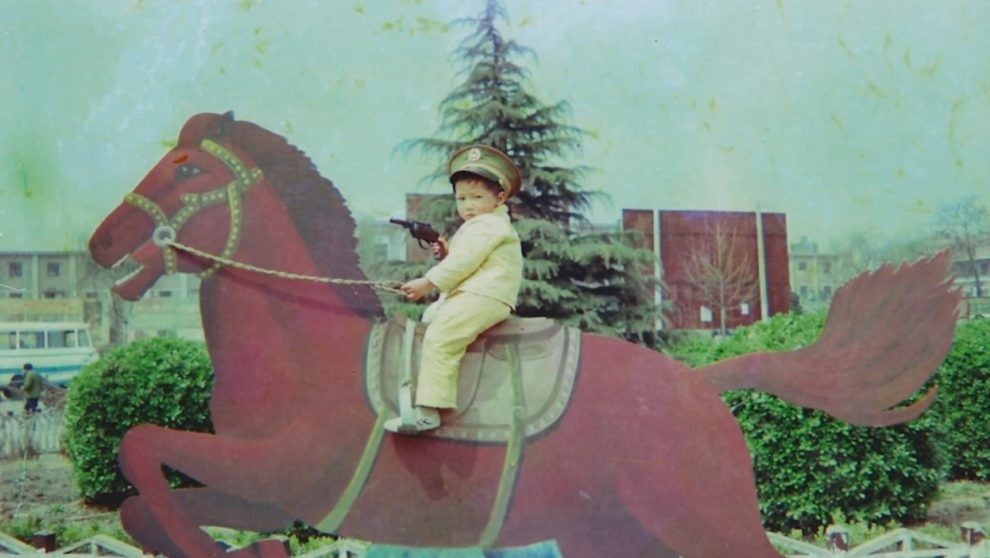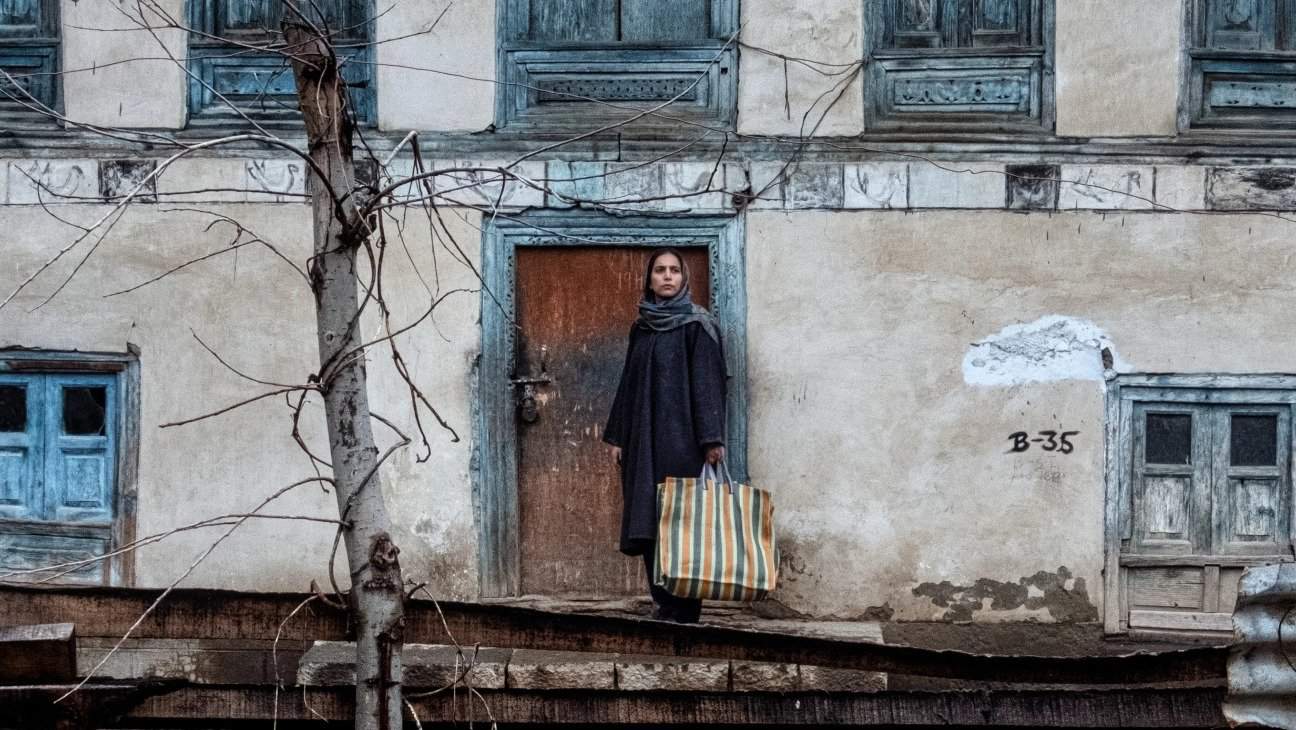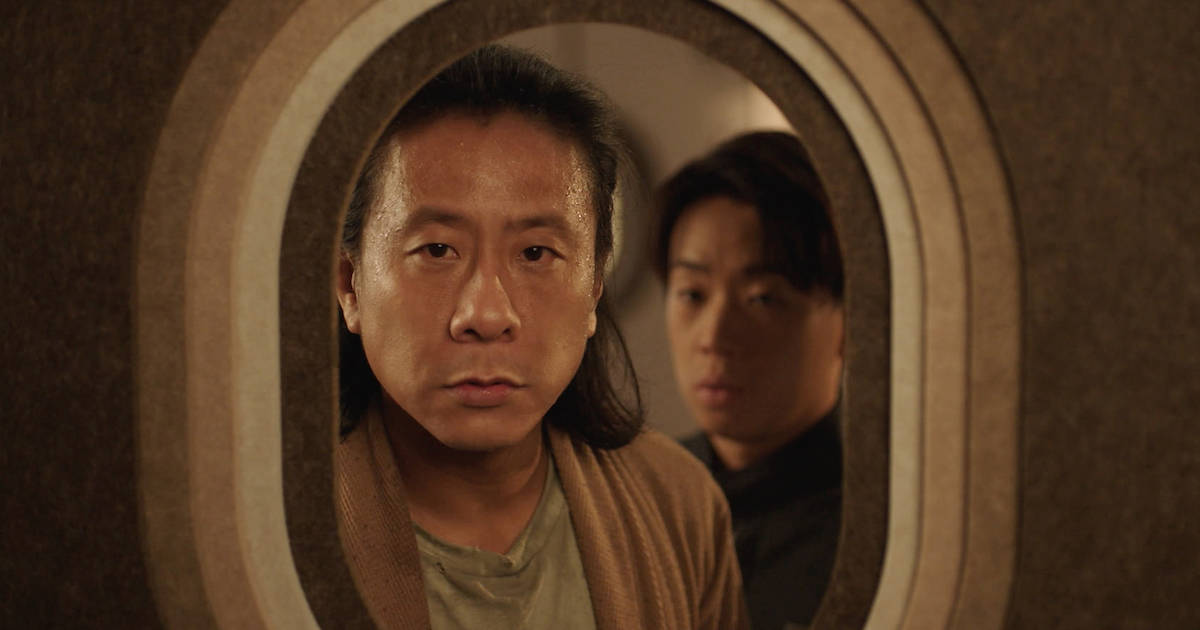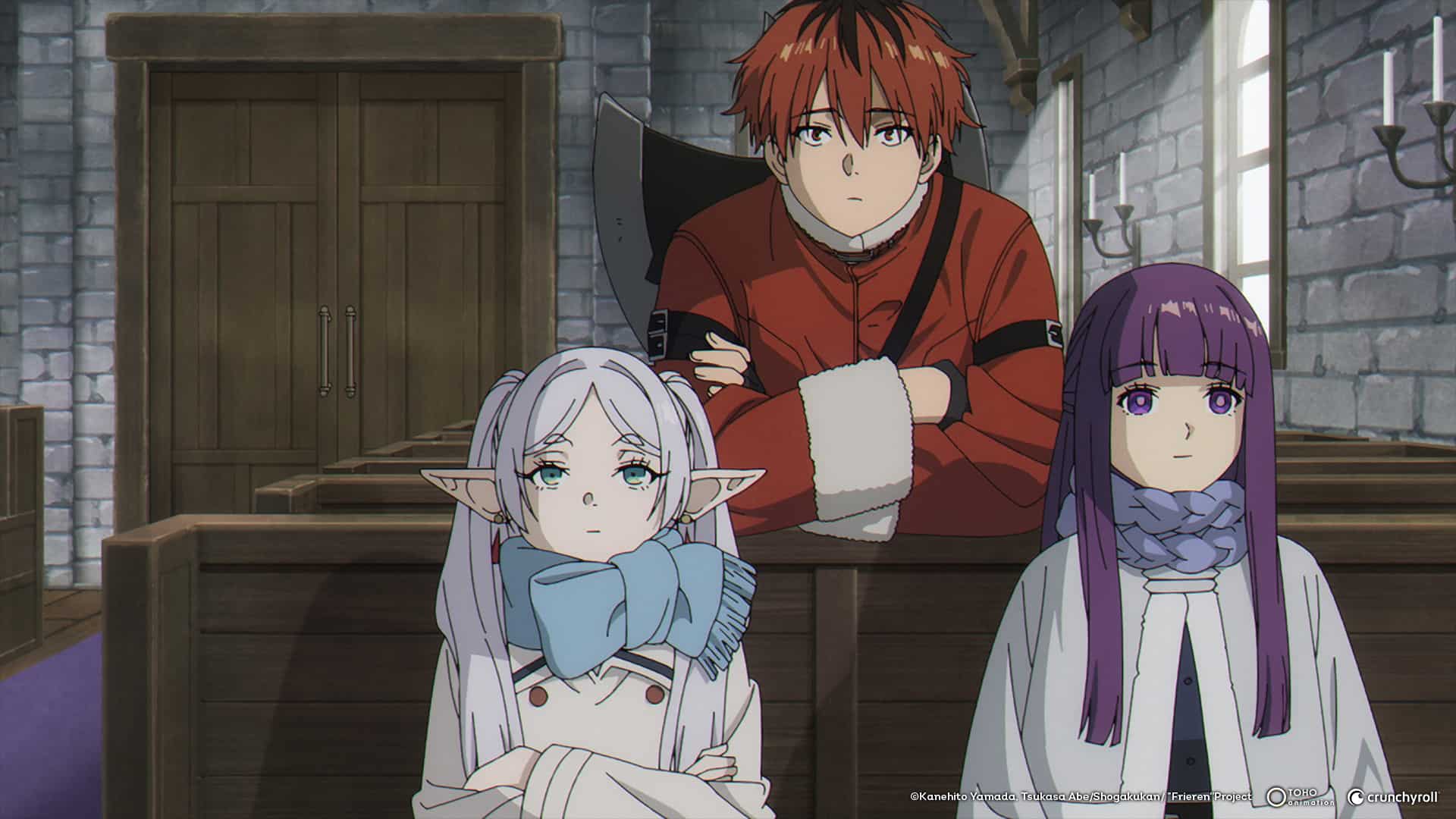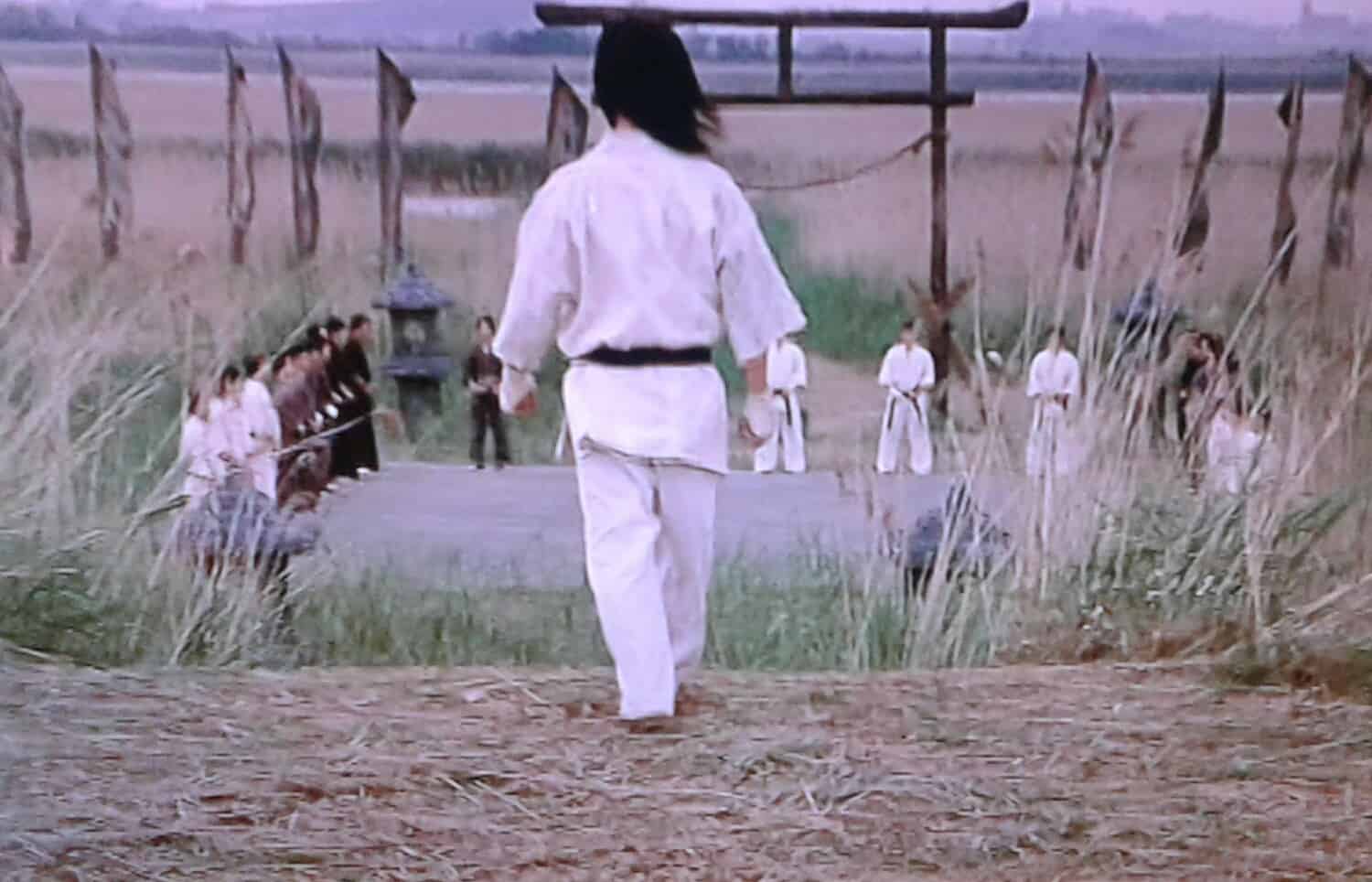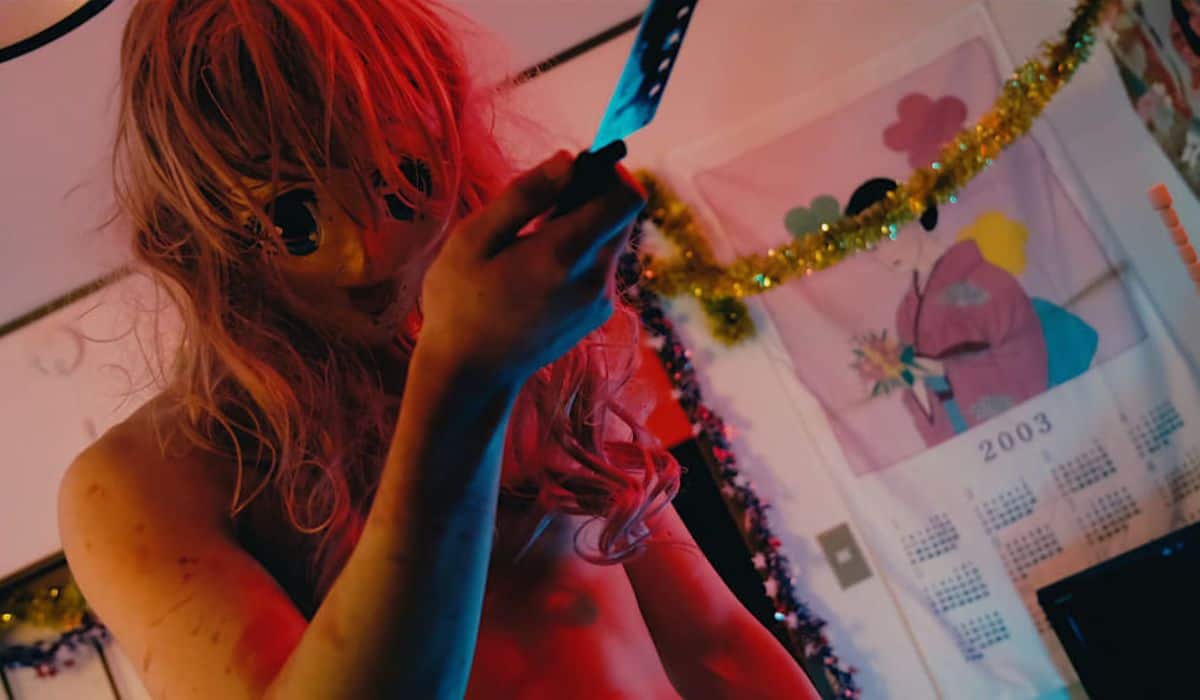The Chinese One-child policy, a 35-year-long initiative aiming to curb the overpopulation of the country, is one of the most reprehensible state policies in recent history. Resulting in a large number of female infanticides, forced sterilization of women, and illegally born children, it has anything but curbed the growth of the population. That is because, despite incurring huge fines and diminishing the chances for upward social mobility, there were many families who chose to have a second child. In his intensely personal debut documentary “Four Journeys”, Louis Hothothot, a second child born during the One-child policy, looks at the repercussions of this policy on his family.
“Four Journeys” is screening at the International Documentary Film Festival Amsterdam

Louis, a Chinese artist and director living in The Netherlands, has felt abandoned by his parents since he was a child. So he seldom visits them, the last time being five years ago. Prodded by a memory of a family photo taken on Tiananmen Square a few years before the protests, he goes back to China, trying to learn more about his parents' cold attitude towards him. There, through a series of interviews with his mother, father, and sister, each one more personal than the last, he learns the effects of the One-child policy on his family and a dark family secret no one wants to talk about.
“Four Journeys” is a visually engaging film. Hothothot mixes different modes of filmmaking to a degree which, at times, makes his movie feel closer to an experimental film than an autobiographical documentary. There are changes in the orientation – sometimes it is horizontal, while others, vertical, as if taken by a smartphone. And still, the film manages to look not only cohesive, but also unitary and beautiful. The reason for that might be the fact that whatever medium he shoots with, he uses the same methods. His camera hovers very close to the faces of his family, feeling more intrusive than familial and close. And yet, though he shoots the people who are supposedly closest to him, in all scenes, be they black-and-white or in color, his camera, though physically close, feels emotionally distant.

This is because there is a very obvious separation between Louis Hothothot and his family. Though they are a family, they seem anything but. The sister hates the brother, because she thinks his family gave him the the utmost freedom by letting him go to the Netherlands. On the other hand, he thinks he was abandoned, even thrown away, when he was exiled to Europe. How his parents think, though, is a bit uncertain. As much as they love their son, as we see through the few family photos shown on screen, they seem to side with her, as we see by the fact that, time and again, they care about her feelings rather than his. This seems paradoxical, after all, he is the only son, the supposed continuation of the family line.
And yet, as the second half of the movie shows, he isn't. There was another one long before he was born but he died in an accident at their father's house. We find about him together with Louis, but his parents, and especially his equally stubborn, distanced, and hurtful mother, refuse to speak about their dead child. It's not like the director doesn't prod them to. He does, and very directly at that, but instead of speaking openly about it, they try to ignore it, either by changing the subject, harking back to superstitions, or simply by leaving the conversation midway. The mother seems to be a master at that.
Though the latter might sound rude on their side, in the context of the film it is pretty understandable because Hothothot's questions are so direct, even rude at times, that they render even the viewer uncomfortable. He even goes as far as to force them to tell him they regret having him and that he ruined their prospects for a prosperous life within the Chinese One-child system.
It is in moments like these where “Four Journeys” starts feeling slightly exploitative towards his subjects. Instead of taking into consideration his mother's wish not to speak about his dead brother or her mother-in-law, the director seems to bug her more and more, both because he wants to learn the truth, but also because he has an engaging and interesting movie to make.
The difference between parents and child is another theme the movies touches upon. The director seems to be thoroughly westernized and cares neither about Chinese culture, nor about his own family's feelings, but only about himself. In that, he is closer not to the Dutch (or for that matter Western) understanding of individualism, but of the Asian one where individualism is equated to extreme selfishness. As a result, he seems to be somewhere in between – too “Western” and “individualistic for his parents, yet too “Eastern” and “obeying his family” for his French girlfriend.
It is precisely in this depiction of himself where the movie truly shines. Hothothot is not a perfect protagonist, hell, he doesn't even seem to be that good of a person. He is deeply flawed, as is everyone else around, especially his family. They are all simply people, with their own secrets to hide, images to keep. Paradoxically, it is also where the biggest problem of Hothothot's directorial debut lies. By always acting like the victims of the situation, these deeply self-centered people can never understand each other. As a result, the director's constant prodding of his parents comes out as exploitative, while their silence – as stubborn. Both deeply flawed and in that, entirely human.


